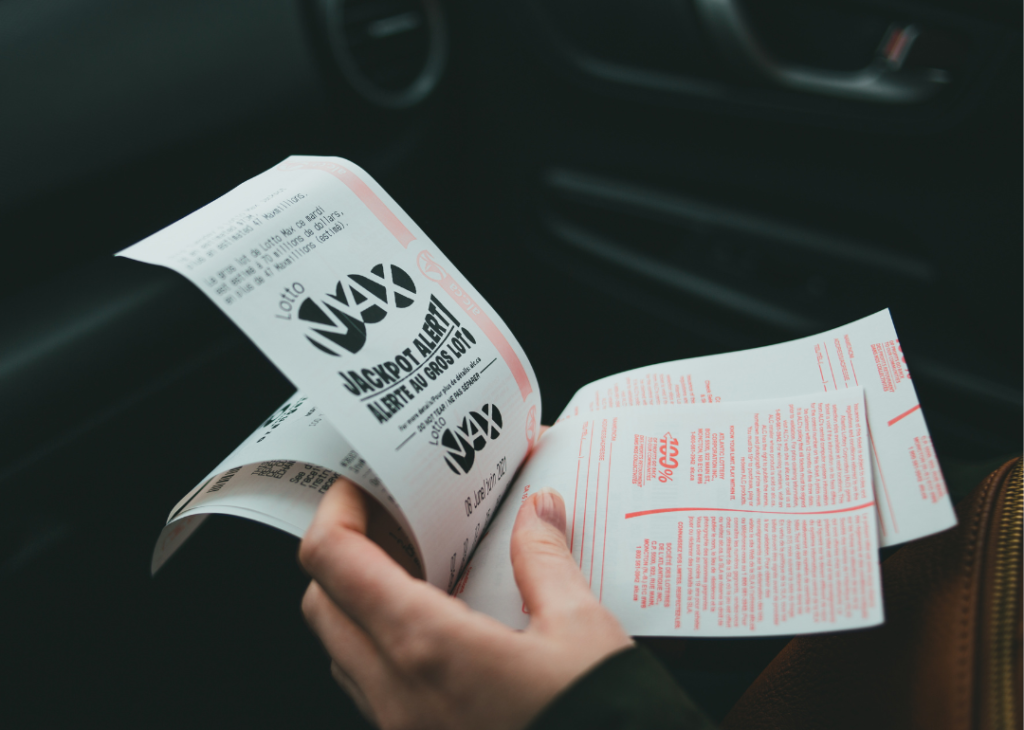Odds of 50 random events happening to you
Millions of Americans buy lottery tickets each year, even though most people know their chances of winning are slim at best. Why do they bother when taking home the grand prize is less likely than dying in a plane crash or being struck by lightning?
Humans often struggle to grasp probability, especially when guessing the odds of things that could happen in their lives. Generally speaking, this deficiency is due to three very human problem-solving crutches: representativeness, availability, and anchoring.
With representativeness, people base assumptions on similarities or overvalue a small sampling as indicative of a larger truth. Availability is based on recency bias or the assumption that because something just happened, it is more likely to happen again. Anchoring is what people do when they lean too heavily into early reference points, such as going to an expensive store where a discounted article of clothing appears inexpensive in comparison to the initial price despite it still being aggressively inflated.
Stacker took the guesswork out of 50 random events to determine how likely they are to happen. We sourced our information from government statistics, scientific articles, and other primary documents. Keep reading to find out why expectant parents shouldn’t count on due dates—and why you should be more worried about dying on your birthday than living to 100 years old.

